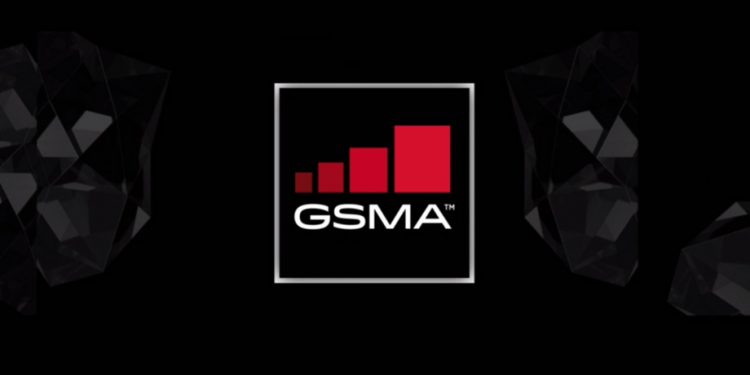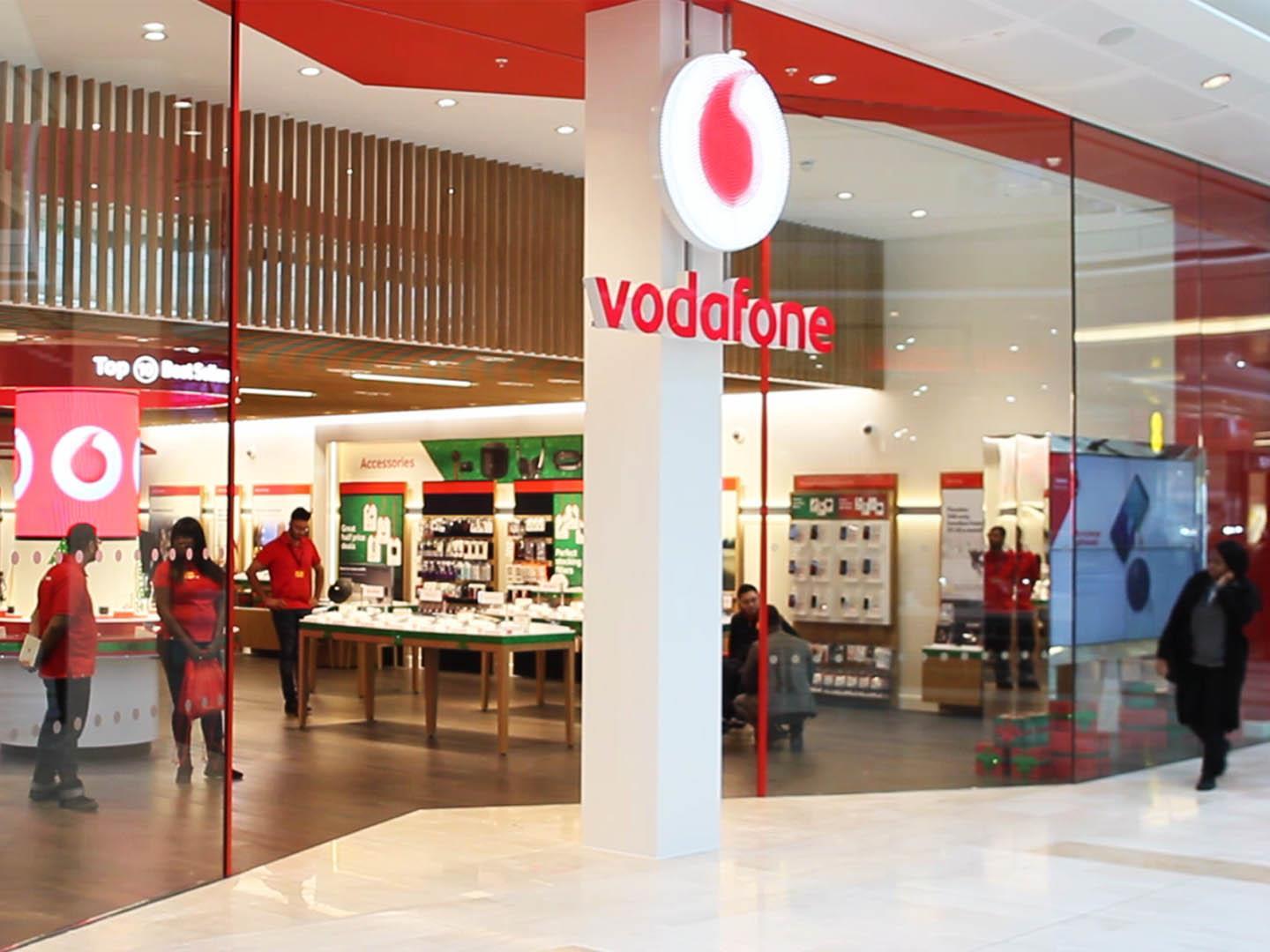
5G is adopted by network operators in a big way, with recent mobile phones supporting 5G technology. Given below is a brief update on recent developments on 5G adoption.
Overall growth:
- According to the GSMA’s Mobile Economy report, 5G mobile connections are expected to reach 1.1 billion globally by 2025, representing 12% of all mobile connections.
- This reflects a significant increase from 2022, highlighting the ongoing growth of 5G adoption.
Regional variations:
- The Asia Pacific (APAC) region is expected to see the most significant 5G adoption, with 41% of connections being 5G by 2030, according to the GSMA’s Mobile Economy APAC 2023 Report.
- This growth is attributed to factors like government support, operator investments, and a large smartphone market.
- Other regions like North America and Europe are also expected to see steady 5G adoption, but at a slower pace compared to APAC.
Early adopters and trends:
- Reports like 5G adoption and mobile ARPUs: is there a connection? explore the relationship between 5G adoption and average revenue per user (ARPU).
- While a definitive causal link is challenging to establish, several early 5G adopters like Australia, South Korea, and the UK have seen stabilization or even growth in ARPU following 5G launches.
- This suggests that 5G might not necessarily lead to immediate ARPU declines, potentially due to factors like increased data usage and premium service offerings.
Challenges and opportunities:
- Reports like The 5G era acknowledge challenges like spectrum availability, infrastructure investments, and device affordability that can hinder 5G adoption in some regions.
- However, they also highlight the potential of 5G to unlock new applications like internet of things (IoT), autonomous vehicles, and enhanced mobile broadband, generating new revenue streams for operators and fostering economic growth.
It’s important to note that these are general points based on publicly available summaries and may not represent the entirety of GSMA Intelligence’s findings. For a more comprehensive understanding, you can access their full reports or visit their website as mentioned earlier.
About GSMA Intelligence:
GSMA Intelligence is the definitive source of global mobile industry insights, forecasts, and research, used by various stakeholders across the industry for benchmarking and business planning purposes.
Here’s a breakdown of their key functions:
1. Data and Insights:
- GSMA Intelligence maintains a comprehensive database of over 50 million individual data points, covering:
- Every mobile operator group, network, and MVNO (mobile virtual network operator) in every country worldwide.
- Key metrics like subscriber numbers, network coverage, network technology adoption, ARPU (average revenue per user), and more.
- This data forms the foundation of their research and analysis reports that cover various aspects of the mobile industry, including:
- Market trends and forecasts for subscriber growth, data usage, network technologies, and revenue.
- In-depth analysis of specific segments like mobile broadband, mobile money, and enterprise services.
- The impact of government regulations and technological advancements on the industry.
2. Expertise and Consulting:
- GSMA Intelligence leverages their deep understanding of the mobile industry to offer consulting services to various stakeholders like:
- Mobile network operators: Helping them make informed decisions about network investments, market strategies, and product development.
- Regulators: Providing insights into market dynamics and potential impacts of proposed regulations.
- Investors and other stakeholders: Offering guidance on future trends and opportunities in the mobile landscape.
3. Industry Thought Leadership:
- GSMA Intelligence actively contributes to the mobile industry discourse by:
- Publishing regular research reports and whitepapers on various industry topics.
- Organizing industry events and webinars featuring insights from leading experts.
- Providing commentary and analysis for news outlets and media publications.
Overall, GSMA Intelligence plays a crucial role in the mobile industry by offering comprehensive data, insightful analysis, and expert guidance, enabling informed decision-making for various stakeholders and fostering the growth and development of the industry.



